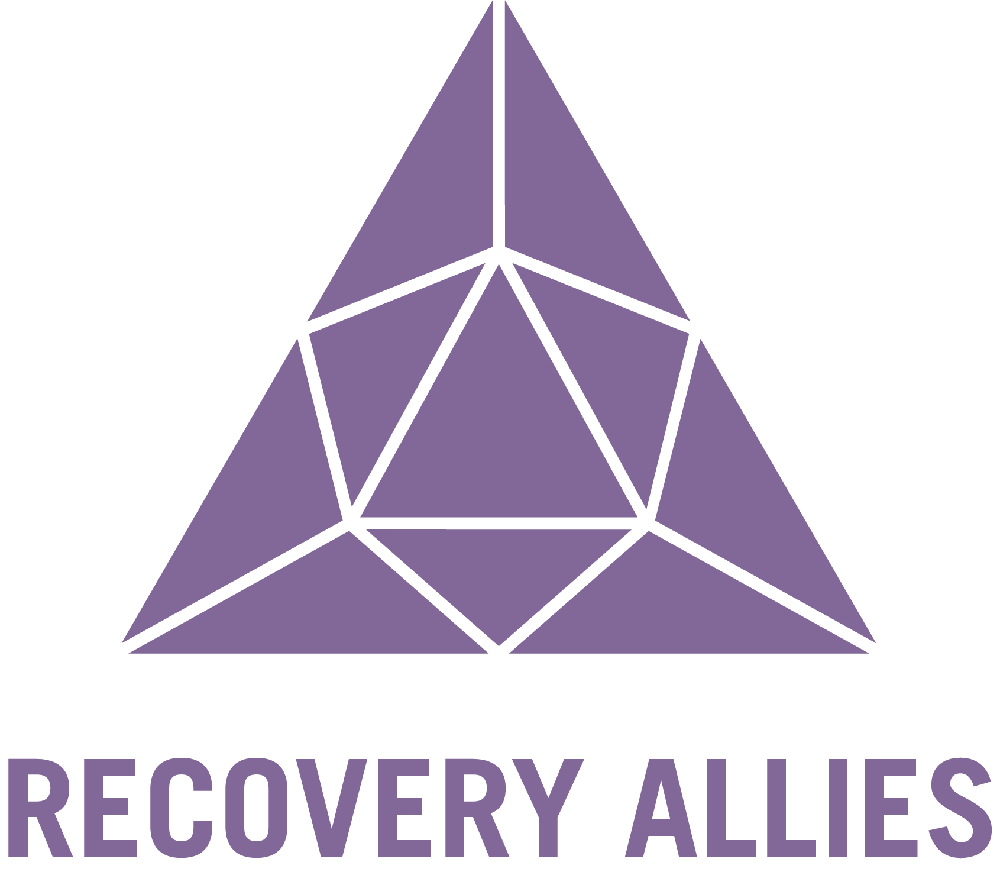Cleaning Up the Past: Making Amends
Saying sorry takes more than words
Alcoholics Anonymous attendees will recognize this as the "9th Step" but making amends for past chemical-fueled mistakes or transgressions is a common desire for any newly-sober person, regardless of affiliation. While it's natural to want to clean up the messes made in the past, it is far wiser to do it at the right time.
Don't rush
While you may be overcome with guilt in your early days of sobriety, there are good reasons not to address those you may have harmed until you have settled into a consistent life of sobriety. The effects of long-term alcohol or drug addiction on the brain have been extensively researched and the recovery period can take months or even years. You may not have the best grasp on how to take accountability for your past actions until you have given your body and brain time to recover.
Tips to help your brain recover (as noted by 12KeysRehab):
Nutrition is key. Recovering addicts are almost always malnourished. Starting a healthy diet can revitalize your body and spirit.
Slowly integrating exercise into your daily routine will help reduce anxiety and depression as you shift into a sober lifestyle.
Proper sleep is paramount to neurological functions and to recovery. Insomnia is a common side effect for the newly-sober. Combining nutrition with exercise will help combat sleep issues.
Therapy is a key component to creating positive change. Whether it be group therapy or one-on-one behavioral therapy, having a place to discuss your triggers and challenges is immensely helpful in warding off negative behaviors and associations.
Demonstrate change with actions
Though words can be powerful, the adage "talk is cheap" applies to many who have been wronged by those in the throes of addiction. In order to achieve closure, it is common and understandable for those receiving an apology to see that you have taken demonstrable actions to correct your past behavior. This is simply not possible in the early days of recovery. Take that time to focus on yourself and create new habits that will allow you to thrive.
Tips for creating healthy habits:
Find a community that you can safely express yourself in. Whether it be AA, NA, or an alternative to a 12-step group (as noted in our last blog), there are many places for the newly-sober to find people to talk to without judgement.
Reconnect with old hobbies or pursuits that you may have abandoned while using.
Consider meditation when alone. Meditation has been proven to reduce stress and promote patience, which you will need an abundance of in recovery.
Avoid isolation whenever possible. Staying inside by yourself leaves you stranded with the same skill set that led to substance abuse in the first place.
Let go of the result
Once you've allowed your body and mind to recover, embraced healthier habits and found a community that embraces you...it is still entirely possible that those you have harmed may not be ready to forgive you. It is important to remember that making amends is not done for the purpose of forgiveness; it is a process in which to take accountability and learn to forgive yourself.
